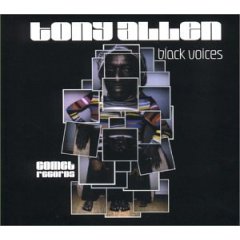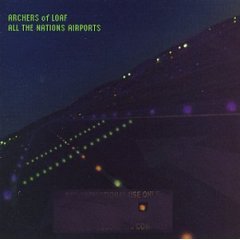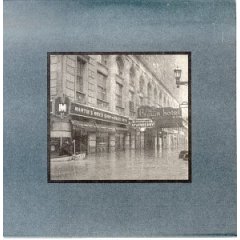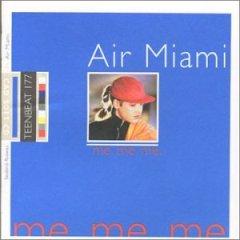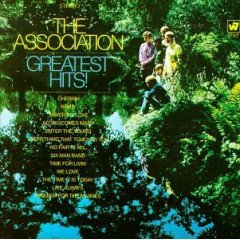And so it's the same with A Guy Called Gerald's Essence. AGCG, who was really better known for acid house, came out with this drum and bass album after five years of working on it. The album opens with the spoken word track "the Universe," which features sentiments as "We would find that the body is made up of a massive resonating particles and is in itself a universe." That prepares one for the rest of the preponderent nonsense that fills out the rest of the lyrics on Essence - instead of the political subtext that might underlie Sun Ra's Saturn mysticism, Essence becomes more like a sub-par episode of Babylon 5.
But there's the saving grace: Louise Rhode (of Lamb)'s performance on "Humanity." In contrast to the naturalist sentiment of the rest of the album,the song's a wonderfully humanist moment (the title becomes obvious), where Rhodes sings of self-doubt and confusion, only to reassure herself that "it's just my humanity getting the better of me." Rhodes has just enough flaws in her voice to give the song great credit, but enough strength in her voice to make the song affirming.
That's a constant on Essence: as cheesy the album's lyrical content might be, AGCG's gone to great lengths at composing pieces that frame its excellent vocalists (including the unlikely return of Lady Miss Kier of Dee-Lite fame). There's the aforementioned Rhodes track, and vocalist Wendy Page does a stellar job throughout most of the rest of the album. The only real stinker is AGCG's brother, David Simpson, who's got a good technical voice, but lacks in the emoting.

